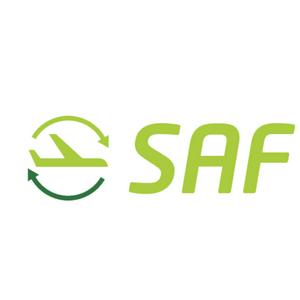In this episode of The SAF Podcast, host Oscar sits down with Chris Chaput — a former Northwest Airlines executive, Morgan Stanley investment banker, and airline restructuring specialist — to unpack how DG Fuels is not just developing a SAF project, but a SAF platform.
We cover:
DG Fuels' gasification-to-Fischer-Tropsch technology and their patented 97–98% carbon conversion efficiency
How strategically building your partners (Johnson Matthey, Honeywell, NextChem) and EPC (Samsung & Black & Veatch) underwrites bankability and execution.
Why their Louisiana facility on the Mississippi River is strategically positioned for both US and European markets
Long-term offtake agreements already signed with Delta, Air France, and KLM — and why demand outpaces what one facility can produce
How ~25% of their output may qualify as eSAF under EU RefuelEU regulations, unlocking premium pricing
The IRA tax credit landscape (45V, 45Q, 45Y), RINs, LCFS, and how DG Fuels' revenue stack holds up under policy uncertainty
A $750M equity raise, FID targets for 2025, and what it means to build a SAF platform — not just a project
Why resilience has been their biggest challenge, and their greatest achievement
This is a fascinating discussion and highlights how both strategy and strong identity makes a strong prospect in SAF.


